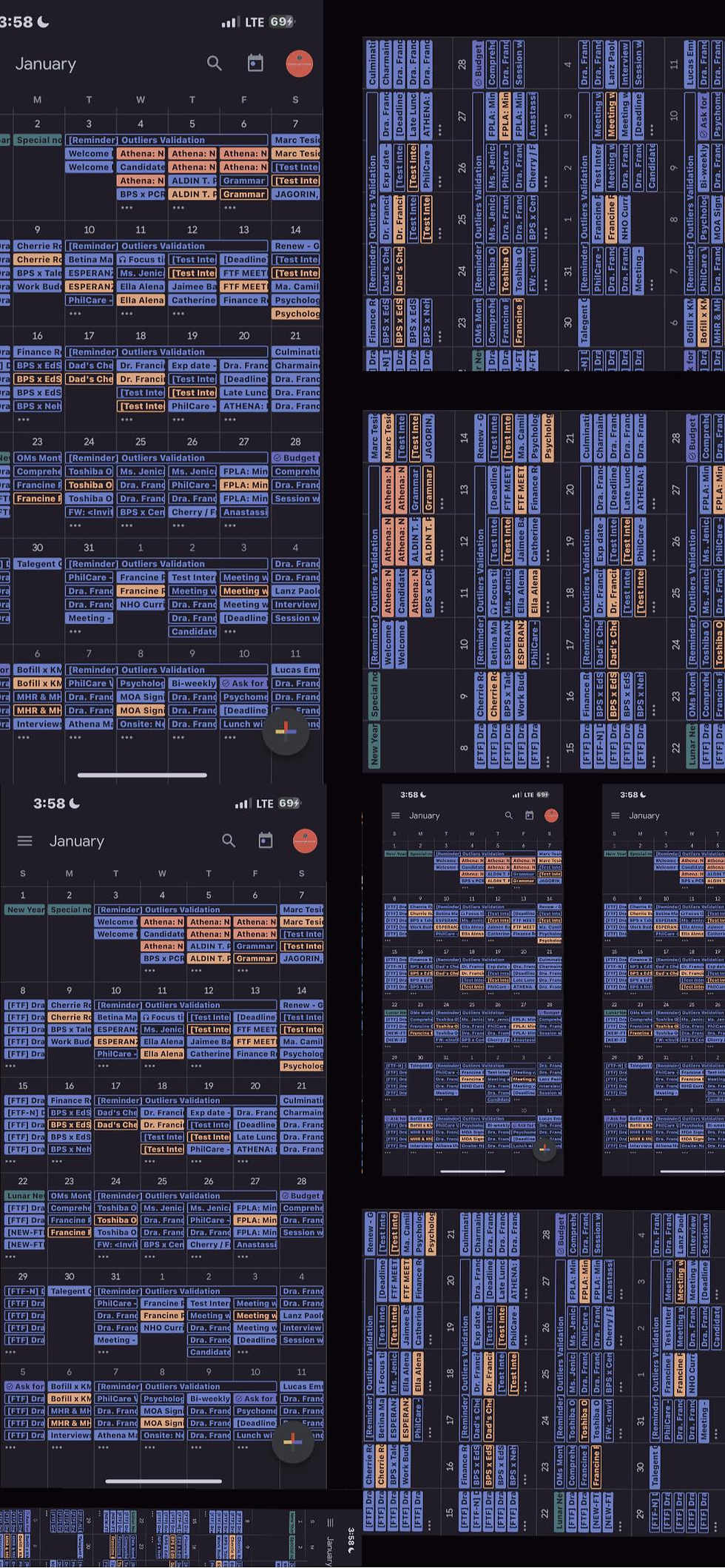Why People Don’t Seek Help
- danienriquezbps
- Jan 24, 2022
- 3 min read
Updated: Apr 4, 2022
Gawa-gawa niya lang yan.
Nag-iinarte ka lang.
Wala naman yan nung panahon namin.
You may have heard one or all of these phrases growing up; I know I have. Mental health in the Philippines remains to be a taboo, filled with stigma and bias. Despite the increase in advocates and initiatives aiming to raise awareness and educate people on mental health, there remain to be barriers with a strong foothold. Having knowledge about mental health does not necessarily mean that you are more willing to seek professional help. Therefore, we as mental health advocates must try to tackle the barriers alongside our raising of awareness and education.
Here are some of the barriers to mental health and help-seeking as identified by Martinez et al. (2020):
Financial constraints
Professional help often comes with a price. From therapy sessions to psychotropic medications, many individuals are unable to seek help because of financial constraints. Since mental health treatment is not a one-size-fits-all, others may need to have more sessions, maintenance medications, and other costs like additional tests, procedures, or programs. Others with more severe conditions may even require hospitalization or inpatient rehabilitation. This would then lead to inconsistent or inadequate treatment of others.
Self and Social stigma
Self and social stigma is another barrier that makes it harder for people to seek help and access treatment. For the self, there is an associated fear of receiving negative judgment or discrimination from others, especially with being labeled as "crazy." At the social level, there is the idea of bringing shame and embarrassment to the family when other people find out. There could also be pressure about putting one's cultural or religious group in a bad light. People fear the consequences of seeking help, whether it be a change of treatment from friends and loved ones or alienation in social and professional circles.
Inaccessibility to mental health services
Most mental health services are located in urban areas. Rural areas or provinces do not have the same services and facilities that these areas have. Most of the time, they have few to no mental health professionals. Many are unable to seek help because of the need for travel to access these providers. Aside from this, because there are only relatively a few mental health care providers, they usually have long waiting lists. This means that individuals would have to prolong their condition for months before even getting an appointment.
Negative experience with help-seeking
Another barrier to help-seeking would be negative experiences with their previous appointments or sessions. Individuals who had negative experiences with their mental health care provider, whether it be a disagreement in the kind of therapy administered or an uncomfortable feeling with the professional, tend to avoid seeking help again. Even just one negative experience can alter an individual's perception of help-seeking.
Lack of awareness of mental health needs
Many individuals lack awareness of mental health needs, which is different from a lack of awareness of mental health. The former is the inability to recognize mental health problems and their need for help. Meanwhile, the latter is lacking knowledge of what mental health is in general. Because of this, people may have a tendency to shrug off their symptoms or condition and not have an idea of seeking help. This is aggravated when the people around also lack awareness of identifying symptoms and mental health needs.
So now that we know some of the barriers to help-seeking, we can try to address them while raising awareness and education to make it more effective and see that our initiatives have a significant impact. Of course, removing barriers and stigma on mental health is not an easy task as external factors and social institutions also come into play. However, when we work collectively for the benefit of everyone, this feat definitely is possible.
References
Martinez, A. B., Co, M., Lau, J., & Brown, J. S. L. (2020). Filipino help-seeking for mental health problems and associated barriers and facilitators: A systematic review. Soc Psychiatry Psychiatr Epidemiol, 55, 1397–1413. https://doi.org/10.1007/s00127-020-01937-2




Comments